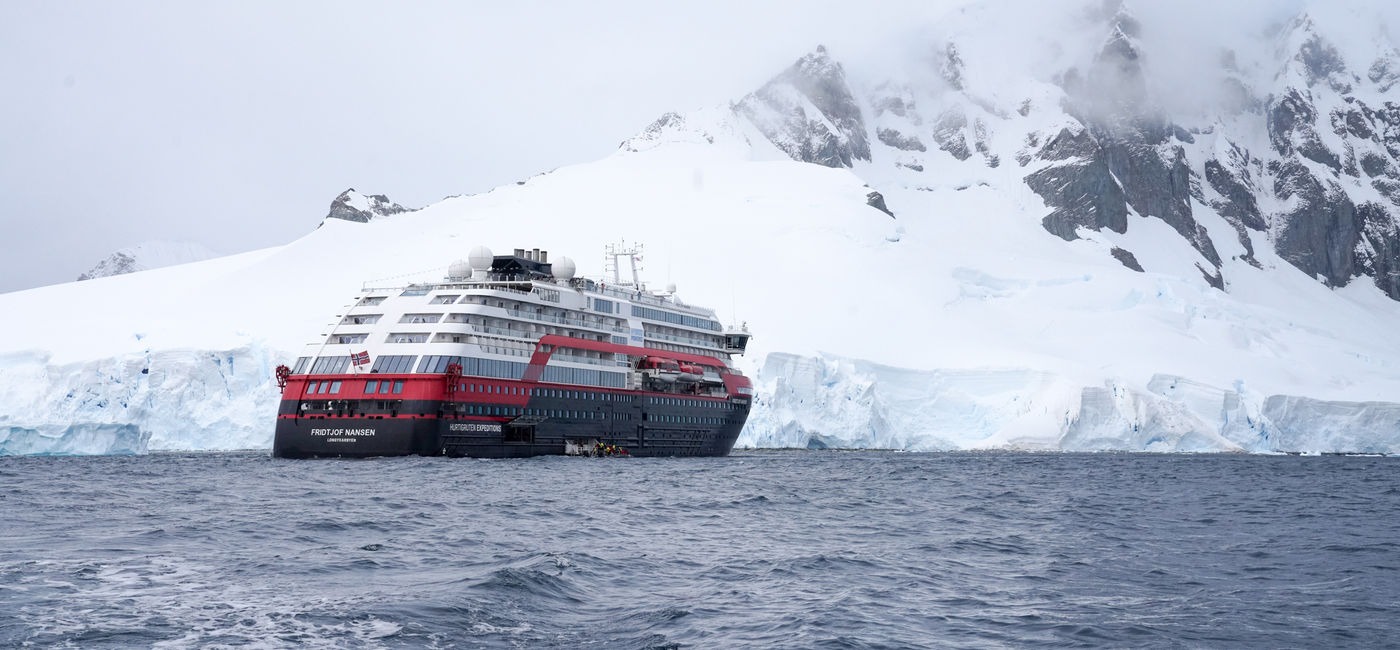HX Embarks on a “Season of Science” in Antarctica with Enhanced Focus on Research

HX (formerly Hurtigruten Expeditions), known for its expedition cruising, is elevating its commitment to scientific research during its latest Antarctica season, aptly named the “Season of Science.” This initiative underscores the cruise line’s dedication to sustainability and environmental preservation.
Amplifying Research and Education
During its voyages across the Drake Passage, HX is not only ferrying travelers but also supporting over 20 different research projects and eight citizen science initiatives. This effort is part of HX’s “Science & Education Program,” which aims to contribute to the scientific understanding of the White Continent and the Southern Ocean.
Record-Breaking Support for Third-Party Scientists
In a significant contribution to scientific research, HX is donating over 1,150 cruise nights to third-party scientists. This marks the highest level of support the cruise line has offered to date. Researchers from more than 30 countries will join HX’s cruises aboard the MS Fridtjof Nansen, MS Roald Amundsen, and MS Fram, facilitating a diverse range of studies.
HX’s Environmental Commitment
Verena Meraldi, HX’s chief scientist, highlights the company’s commitment to minimizing its impact on the more than 250 destinations it visits. This commitment is also evident in the efforts of HX’s sister brand, Hurtigruten Norway, which is working on launching the world’s first zero-emission cruise ship by 2030.
A Legacy of Expedition Cruising and Responsibility
Drawing from its nearly 130-year history in expedition cruising, HX feels a profound responsibility to safeguard the places it explores. Its support of research has already resulted in the publication of 17 scientific papers since 2019.
Engaging Guests in Scientific Endeavors
Guests on HX cruises have the unique opportunity to interact directly with experts and participate in various research activities. The cruise line supports an array of projects, including studies on baleen whale populations, seal behavior, penguin colony monitoring, and humpback whale feeding behavior.
Citizen Science Opportunities for Travelers
Travelers can also contribute to research by sharing their observations on citizen science platforms like iNaturalist, eBird, Secchi Disk Study, HappyWhale, and Cloud Observer. In 2023, HX travelers contributed over 15,000 data points, and the company anticipates even higher participation this year.
Partnering with Academic Institutions
The University of Tasmania’s Institute for Marine and Antarctic Studies and other institutions are continuing a social science study on the impact of participating in citizen science activities during travel.
In conclusion, HX’s “Season of Science” represents a significant step in blending expedition travel with meaningful scientific research and education. This approach not only enriches the travel experience for guests but also contributes to the broader understanding and conservation of the unique ecosystems they explore.
